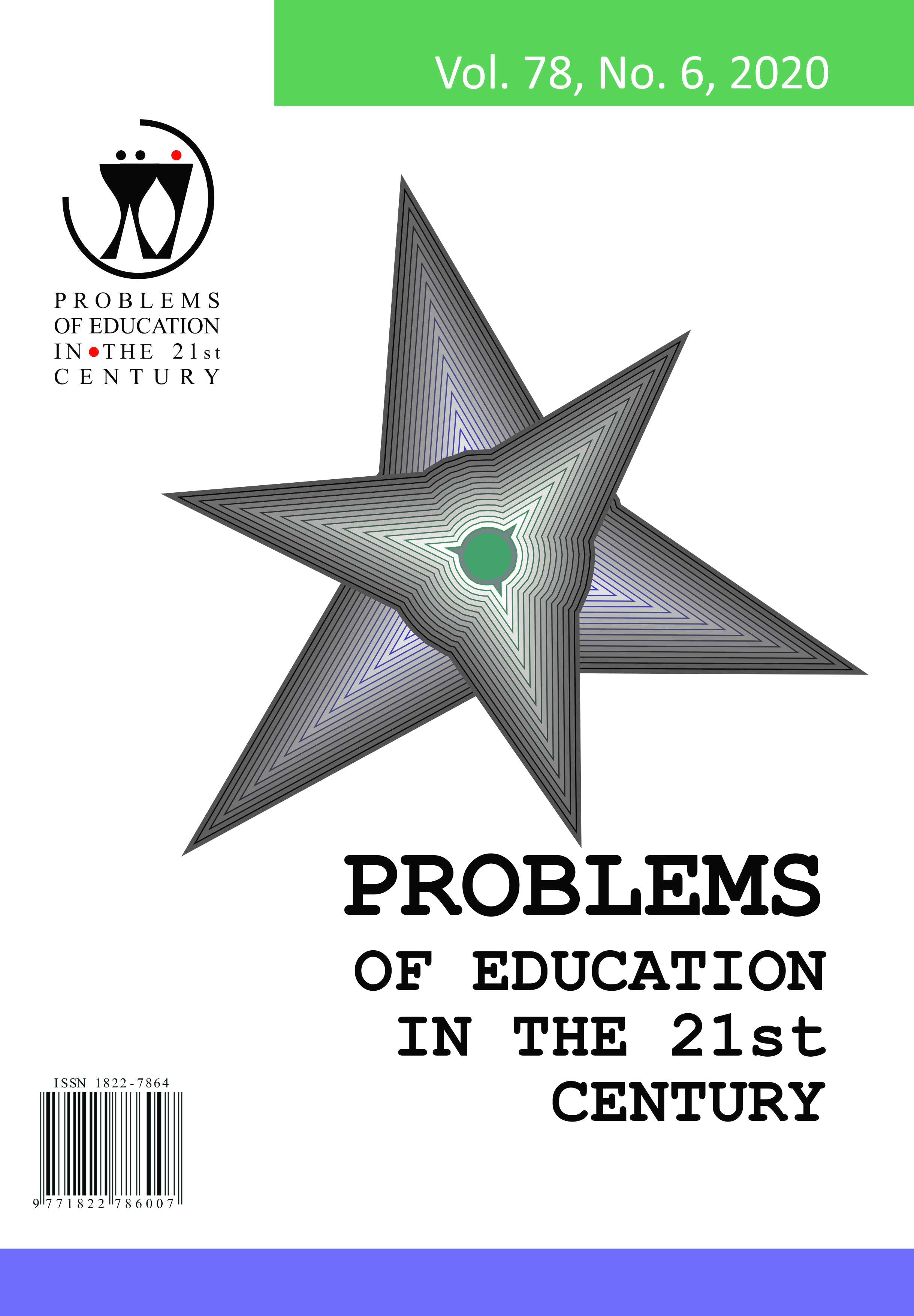EXAMINATION OF PRE-SCHOOL STUDENTS’ SELF-REGULATION SKILLS
EXAMINATION OF PRE-SCHOOL STUDENTS’ SELF-REGULATION SKILLS
Author(s): Kamil Arif Kırkıç, Büşra DemirSubject(s): Education, Preschool education
Published by: Scientia Socialis, UAB
Keywords: self-regulation; self-regulation skills; preschool students; preschool teacher;
Summary/Abstract: Children should have some essential characteristics to follow primary school education. Pre-schools prepare children for the first years of primary school by teaching them to attain the necessary skills. The main aim of this study was to explore the self-regulation skill levels of 4-6 age group students attending pre-school education institutions, according to various demographic variables. In this survey, a descriptive research method, one of the quantitative research methods, was used. The population is 10336 students who attend the public preschool education institutions in Küçükçekmece, İstanbul, and the sample consists of 203 students. The ‘Personal Information Form’ and the Development of the Self-Regulation Skills Scale for 4-6 Years Old Children (Teacher Form) were used in the research to collect data. One-way analysis of variance (ANOVA) and t-test were implemented to analyze the data. In terms of findings of the research, when teachers consider the self-regulation skills of 4-6 years old students as sub-dimensions, they stated that they had “mostly” obstructive control sub-dimension, “mostly” and “always” had sub-dimension of working memory. In general, it can be said that the children participating in the research mostly had self-regulation skills. Although significant differences existed between the self-regulation skills of preschool students in terms of gender, age, and class size, no significant difference was found according to whether the mothers working in a job or not.
Journal: Problems of Education in the 21st Century
- Issue Year: 78/2020
- Issue No: 6
- Page Range: 967-982
- Page Count: 16
- Language: English

